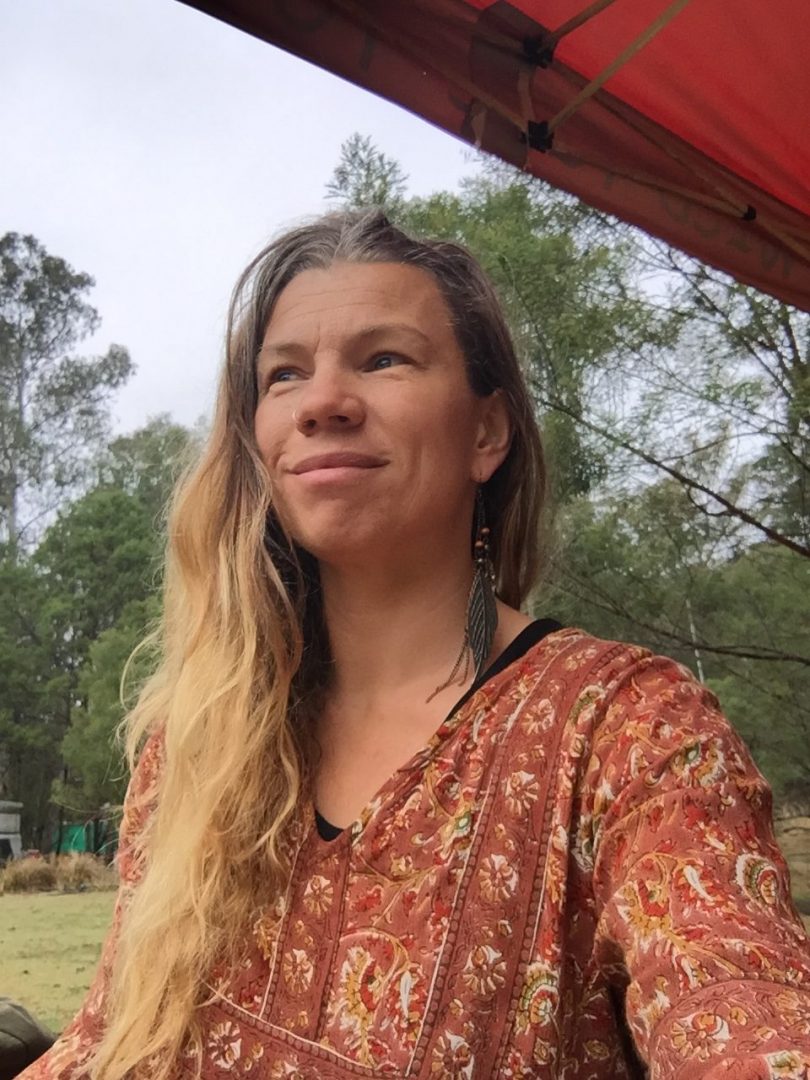
Registered nurse Anki Groening, of Bega, has chosen to leave her profession rather than receive an annual flu vaccination. Photo: Supplied.
Did you know that from 1 May 2020, it’s mandatory for all aged care workers and visitors to an aged care facility in Australia to have received the flu vaccine?
Along with continuing to respond to the spread of COVID-19, the Federal Government’s response to the flu this year has been early and hefty, with $80 million invested in providing a record 16.5 million free flu shots to Australians.
“While flu vaccination does not prevent COVID-19, both influenza and COVID-19 cause serious respiratory illness. The combination of both diseases could be life threatening,” said a statement from the Department of Health.
But the hardline approach is costing some workers their jobs and leaving them wondering if making the vaccine mandatory is a knee-jerk reaction to the spread of COVID-19.
Anki Groening, of Bega, has worked as a registered nurse for 10 years, first as a midwife and, for the past three years, in aged care at a Bega facility.
She says that for her, the risks associated with getting the flu shot every year far outweigh the benefits.
“I had a round of vaccinations to get up-to-date when I completed my nursing degree and had an immediate reaction,” she explains. “I was in bed for six weeks and had unexplained arthritis for two years afterwards.
“When I went to the doctor, she said she’d never seen such high levels of autoimmune indicators.”
Despite her reaction, Anki tried immunisation one more time while preparing to take a midwifery job in the Solomon Islands.
Again, she was seriously ill.
“I gave my boss [at the Bega aged care facility] my medical records and said that getting the shot every year to continue working there would jeopardise my health.
“I let them decide, but it’s out of their hands, they have to follow government rules.”
Anki was asked to provide one of three acceptable reasons to decline the flu vaccine. These exceptions are cancer treatment, a record of Guillain-Barré syndrome following previous flu vaccination, or a history of anaphylaxis connected to immunisation.
When she couldn’t provide one of these reasons, she was immediately stood down.
“What they are asking us to do is weigh up our job and income over our health and wellbeing,” says Anki. “The historical battle between pro-vaccination and anti-vaccination leaves little room for grey areas like my situation.”
Anki says she feels for her colleagues Australia-wide, some of who she says don’t feel strong enough financially to refuse the vaccine.
“There is one nurse in particular, who I work with, who is so upset but can’t afford to lose her job, so she’s being vaccinated against her will.”
Anki says she can’t help thinking about the first thing she learnt in her nursing degree: do no harm.
“The flu vaccine is not effective enough, and the flu is not deadly enough, to warrant risking my health again,” she says, adding that the effectiveness of the vaccine varies from 40-60 per cent, depending on age and other factors.
Because the flu vaccine was given early this year in response to fears about COVID-19, and is only effective for three months, a booster shot will be necessary to maintain a chance of immunity during the winter months.
“I did ask my work if I could not work there for three months a year but they said the ban on unvaccinated workers applies all year, even though the vaccine wears off after three months,” Anki says in frustration.
The Australian Bureau of Statistics reports that 2017 was the worst flu year in recent history, with 1255 deaths due to influenza.
According to the report, approximately 500 people die each year in Australia from flu, with the majority aged above 75 and having comorbidities.
Anki will miss her elderly clients, especially hearing their stories, but says she won’t miss the way the industry preserves life at all costs, or the way that death is feared.
“Birth and death are similar,” she smiles. “When it’s time, we have to be strong for the person going through it because both are natural processes.
“To continue the stance that we must prevent flu deaths at all costs – even at the cost of younger, healthy people – it’s a pretty big conversation that no-one wants to have.”
For more information, visit NSW Health.
Original Article published by Elka Wood on About Regional.





















